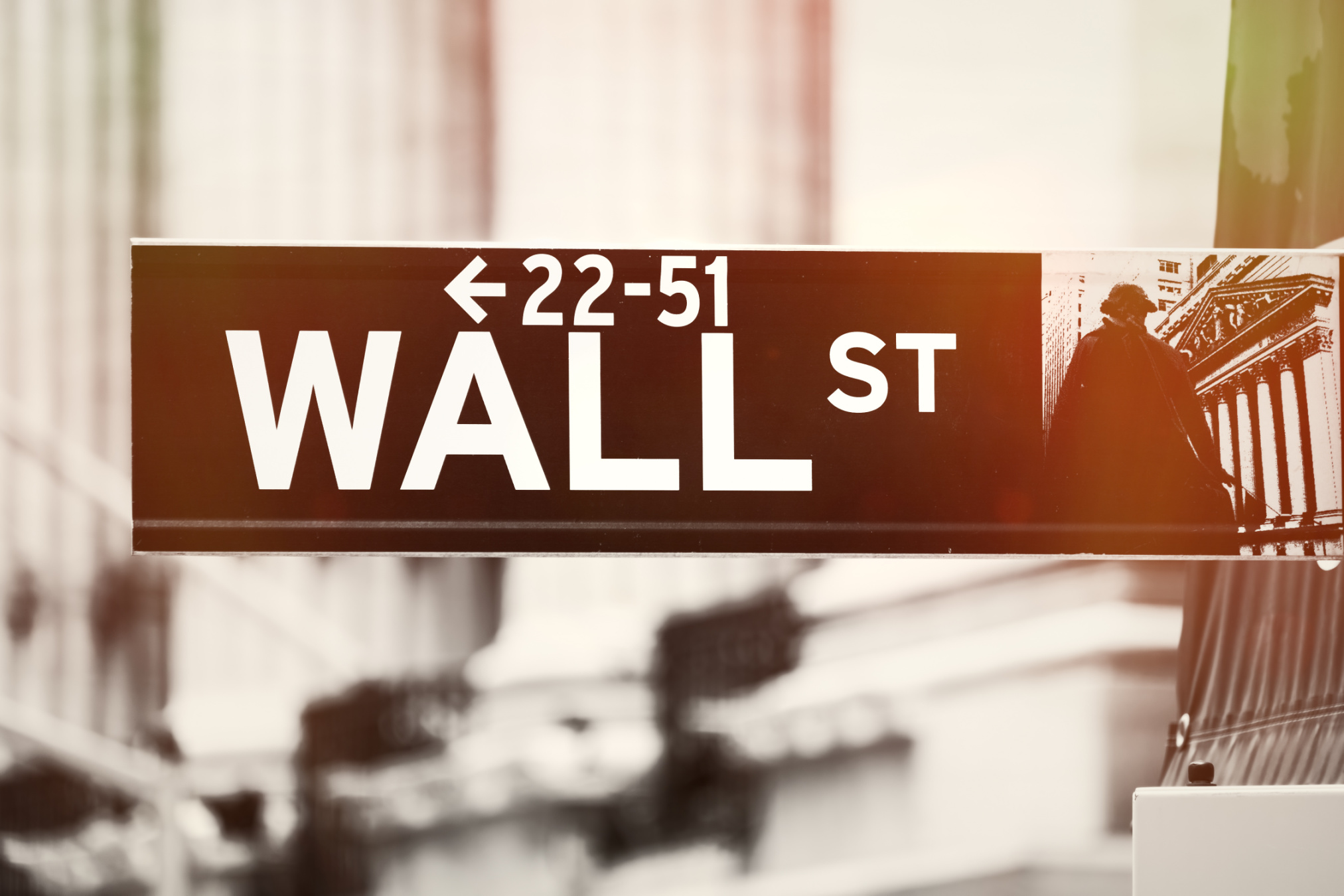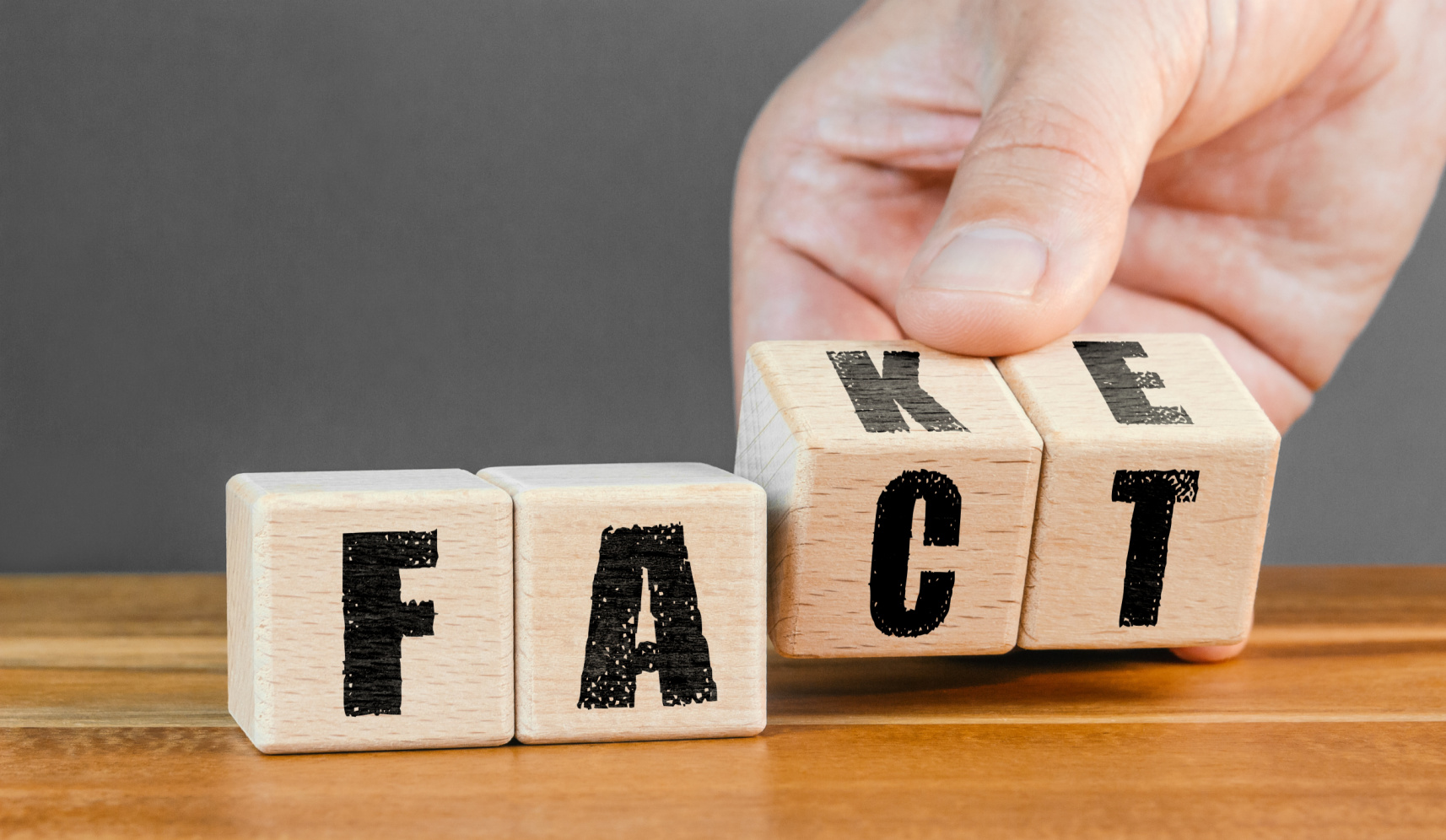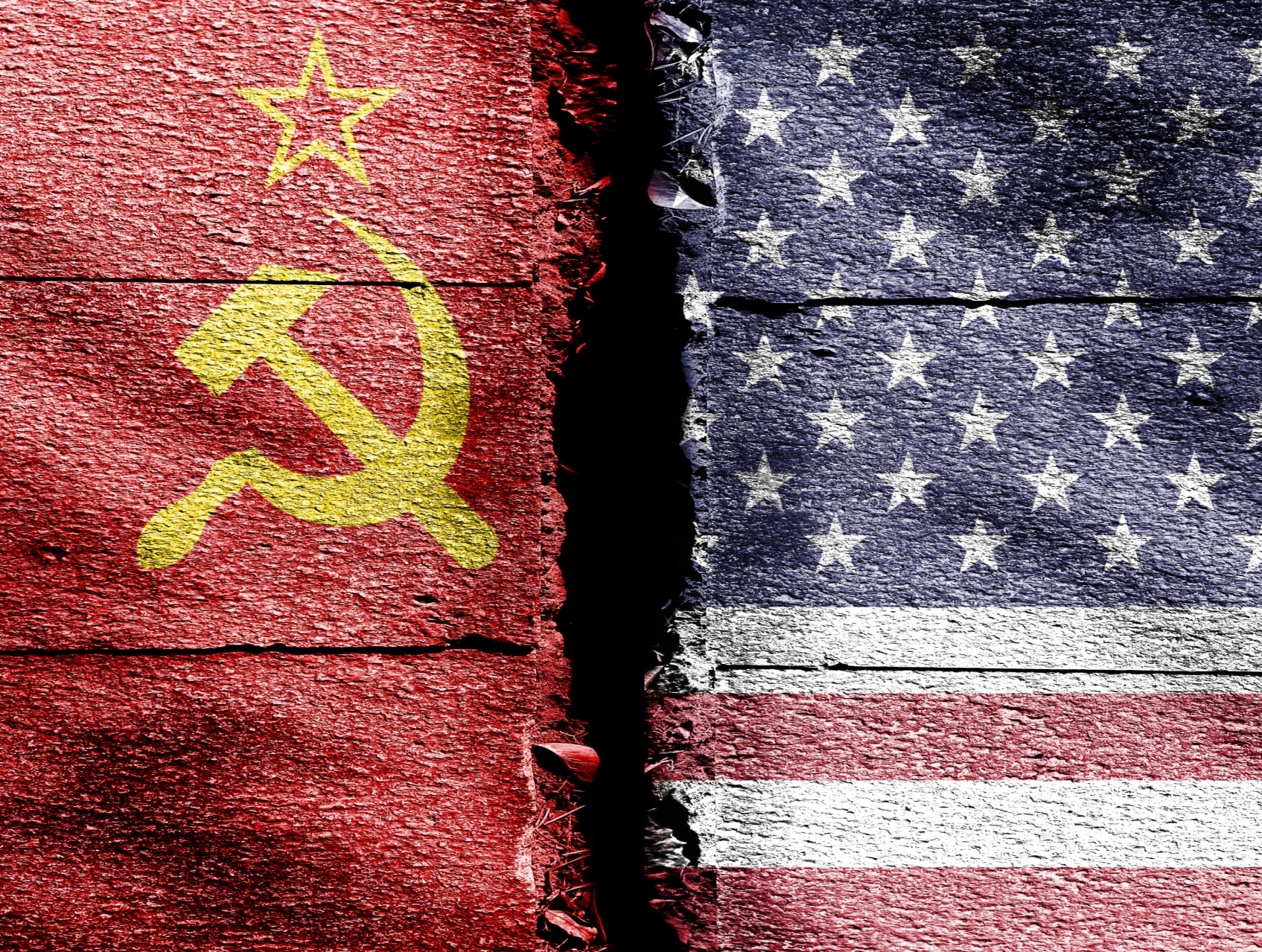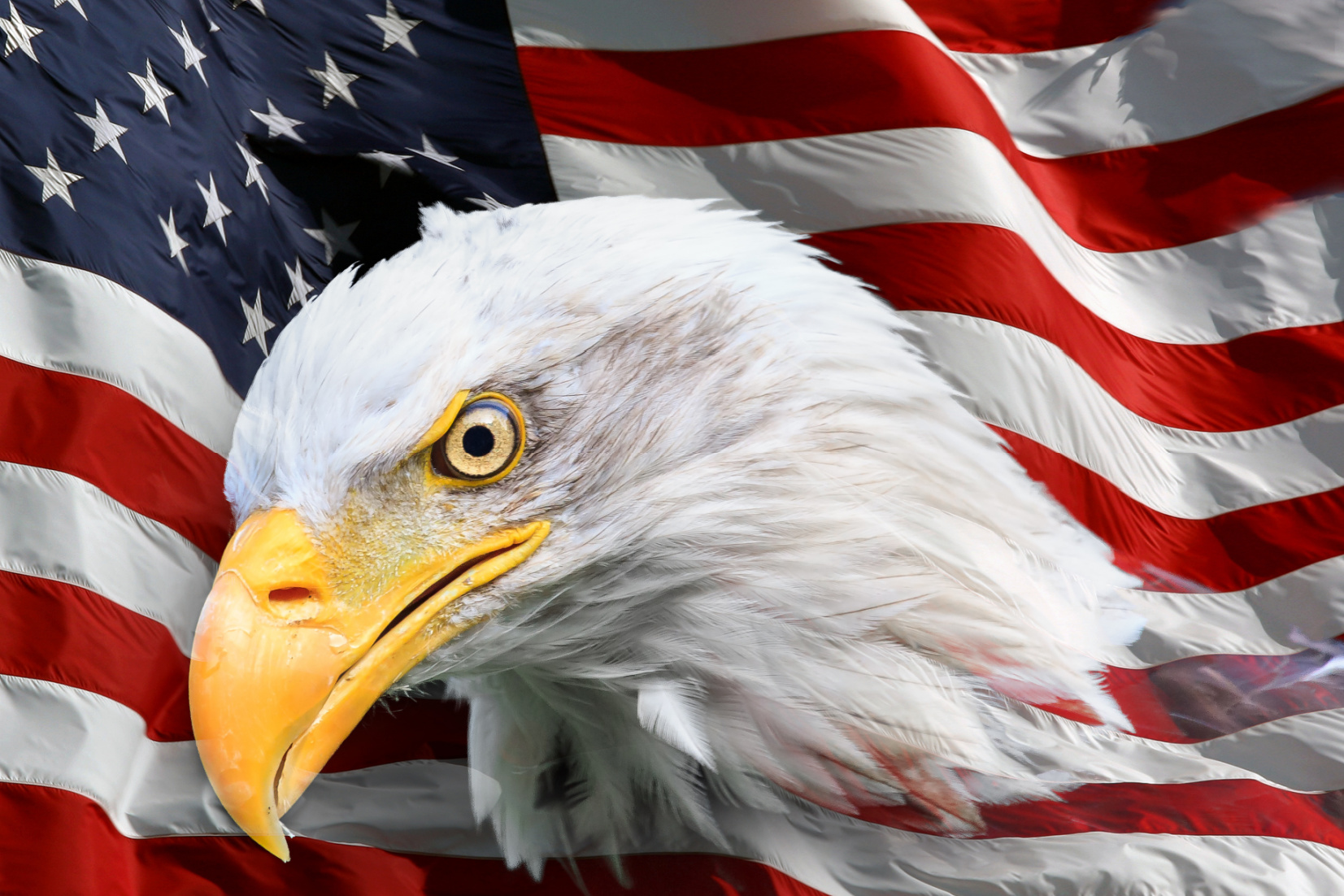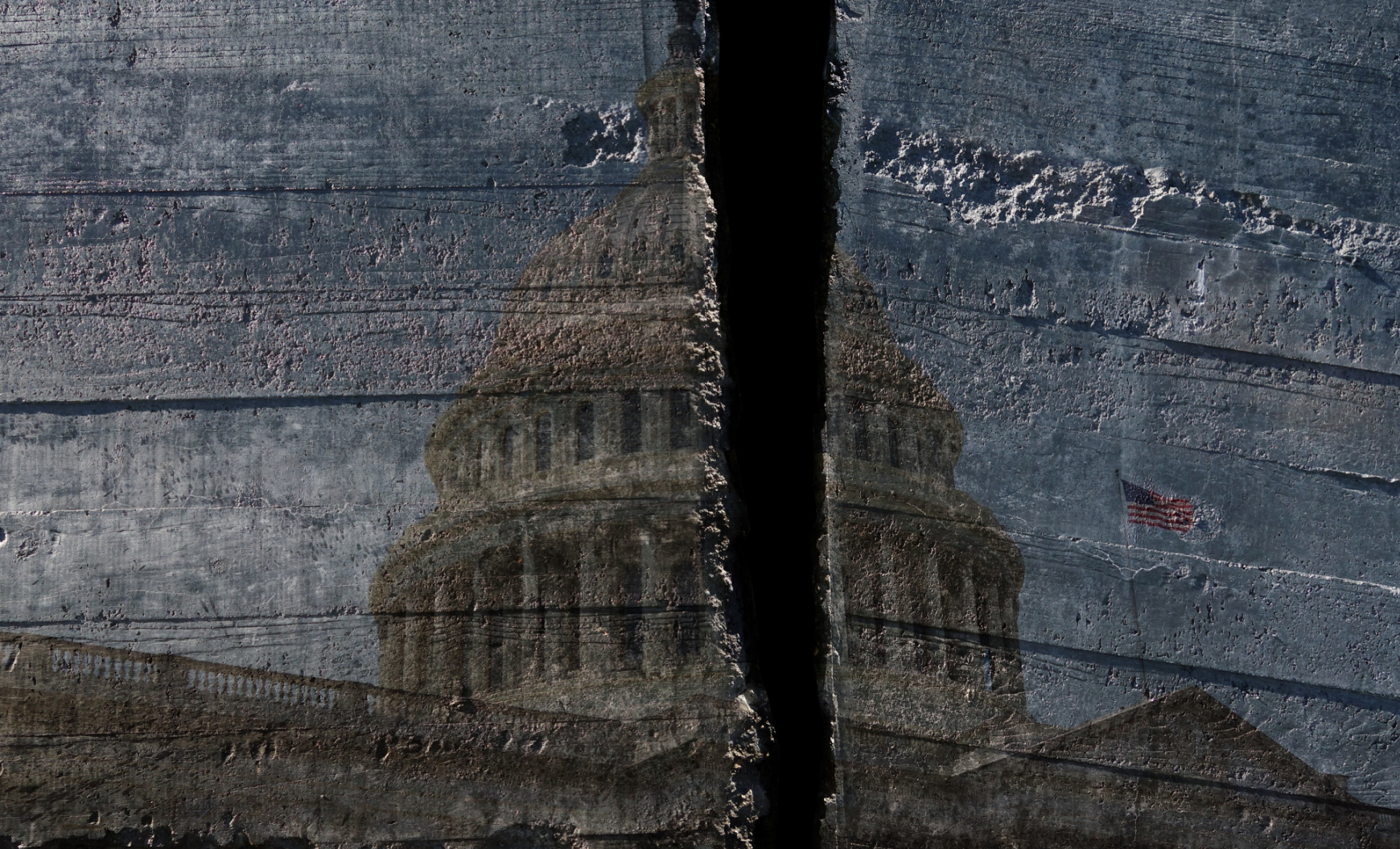It is no secret that since President Trump took office, there has been a tremendous amount of turmoil, accompanied by the predictable howling from those comfortable with how government has been operating for a long time. However, the dividing lines of the fundamental debate have changed, starting the day Donald Trump came down the escalator in 2015.
The old paradigm where the political debate was defined by ideology (conservatives versus liberals) has been replaced by one defined more by culture (populists versus elitists). It is reality there is a huge overlap between the two, with conservatives overall identifying with the populists and the liberals with the elitists. When there is a paradigm shift, a lot of fancy china gets broken, mistakes get made, and institutions are disrupted. American history is replete with instances where we have seen other paradigm shifts. Every time, the features of this change have remained consistent.
Whether it was Andrew Jackson, Abraham Lincoln, or Franklin Roosevelt, you can do a brief search of events and observe how those who felt power slipping from their fingers reacted in horror and outrage. Some would argue to toss in Woodrow Wilson for his shifting America’s place in the world by being willing to fight World War I.
You might add in Ronald Reagan for both his economic policies and national defense strategy. However, allowing no one to stand ahead of me in his love of the man, he did not change the contours of the institutions responsible for things. In any event, these defining moments are always messy. Those thriving in the old paradigm always recoil in horror.
Let’s take the onset of Democrat Franklin Roosevelt’s time in the Presidency. Most remember the Great Depression began in 1929. Republican Herbert Hoover reacted largely by arguing the policies that had previously created economic prosperity were the policies that would reverse the situation. The role of the federal government should be as limited as possible. The Depression continued to worsen.
FDR ran offering a New Deal, a government that would become involved in the affairs of its citizens in new ways, a federal government that would be active as never seen before. Oh, and he promised to repeal Prohibition. He won a comfortable victory.
Once in office, he did just that. The National Recovery Act, the Conservation Corps, the Agriculture Adjustment Act, and many others. The institutions of power reacted just as they had previously in other paradigm shifts. Hard as it might be to believe today, the media was overwhelmingly conservative in its outlook, as were colleges and universities. Those who had thrived financially in the old paradigm were especially outraged. Call that the system FDR inherited that was now being threatened in new ways.
The Supreme Court ruled several of these pieces of legislation Unconstitutional. That led to an attempt by that Administration to change the number of Supreme Court Justices. Even as popular as FDR was, this was seen as a bridge too far—no packing of the court. All this is said to emphasize a massive change in how the government relates to the governed does not take place absent massive disruption.
Eventually, largely due to the build-up for World War II, the economic tides turned in a favorable direction. By the end of the war, except for the most conservative of Republicans, most had come to accept the new basic approach to, and structural lines to, government was going to be around for a while. The role and purpose of government underwent fundamental change.
In this new paradigm, Democrats, then as now, promised more of an active government (more of the same). The notable exception being civil rights, where Southern Democrats staunchly opposed extending equality to African Americans. This is who blocked its advancement. Within the Republican Party, the offering to the public was to slow things down and eliminate waste. Occasionally, a Robert Taft or Barry Goldwater would be more aggressive in what should be done, but neither was successful. As mentioned, Reagan was bold and effective, but the contours for debate remained the same—conservative versus liberal. Nobody was loudly demanding we return to 1932.
Donald Trump started to change all of this with his campaign and victory in 2016. Establishment Republicans mostly were willing to give President Trump a chance to succeed, even serve in his first Administration. White House staff and heads of various departments and agencies overwhelmingly came from the establishment world.
Even when he said or proposed something that outraged the establishment, Republicans and Democrats alike, the levers of power—as witnessed by how Covid was handled—remained in the hands of the traditionalists. By 2020, Never Trumpers were a celebrated and often quoted group by the old line. The good thing about politics is that when you lose a voter group (e.g., suburban married women), you can only lose them once in counting the vote.
Slowly, I admit, this brings us to the election of 2024. A new, digitally driven ecosystem allowed the Trump campaign to essentially ignore the legacy linear media. The Trump campaign refused to play the game under the old rules of ideology being the most important thing. They successfully made the issue driving the vote be to achieve change (nothing new about that). Those arguing to reject old policies, old institutions, and old ideas became the populists. Those defending the status quo became the elitists. This is the group shouting about norms. Meanwhile, Trump’s appeal allowed for historic gains among Blacks and Hispanics, making a more diverse Republican Party a reality.
Once in office, the new Administration hit the ground running. With DOGE at the head of the line, along with a White House staff and a Cabinet filled with unabashed supporters of the President, significant changes happened in short order.
Have there been bumps in the road? Absolutely. When the speed of change has led to mistakes, not as defined by the Establishment, but in terms of what the President is trying to accomplish, they have been corrected quickly.
The principal point in this is that when the political paradigm shifts, those who thrived under the old one (both Establishment Republicans and Establishment Democrats) will howl in protest, virtually independent of the particular policy involved.
When the populists hear the elitists scream about blowing up the system, they yell back “damn right; it’s about time.”
Remember this: Political paradigm shifts in our country are always a little messy. Protest from those whose power has been lessened is inevitable. So, as long as Trump represents the voice of the people who elected him and produces results as promised, all the whining in the world coming from the disaffected will count for little. What do you think?
RECENT
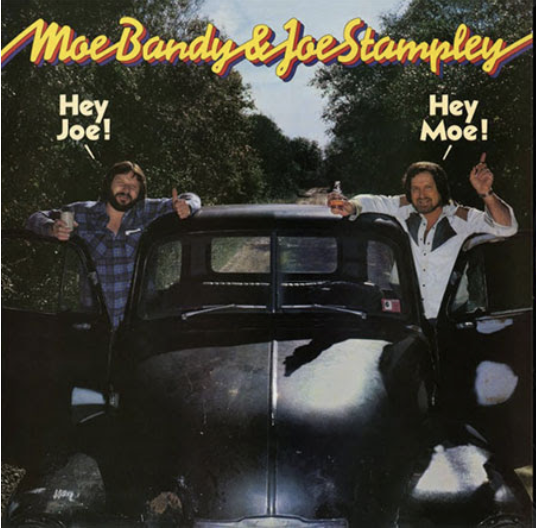



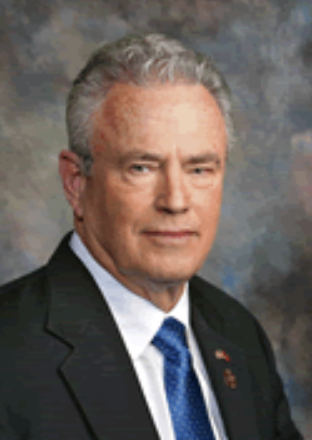



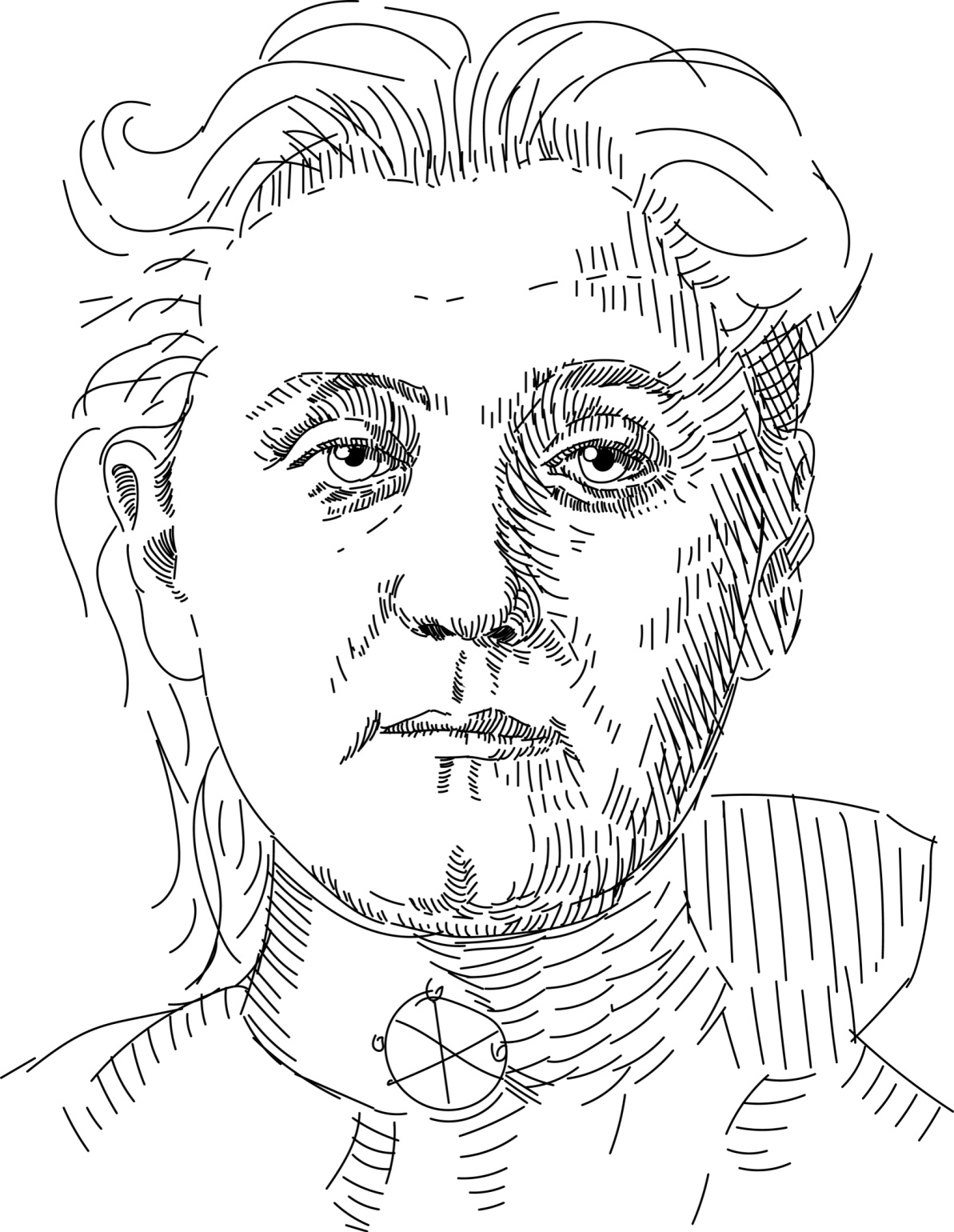
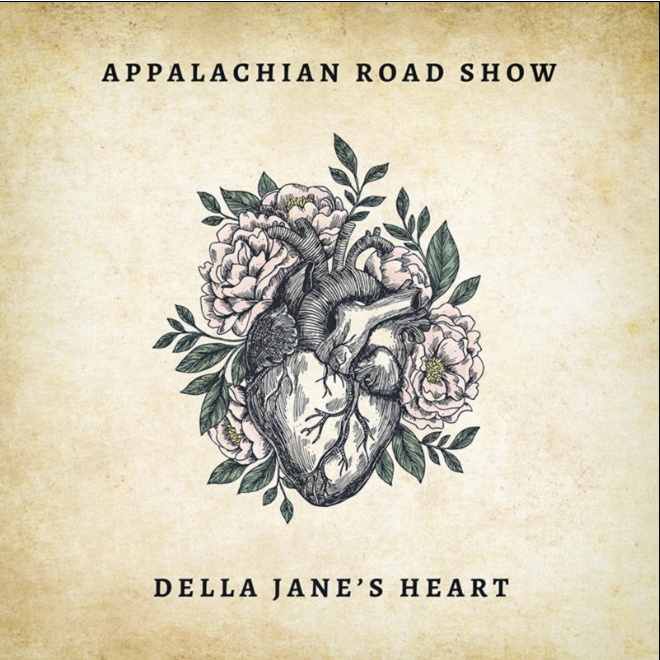
BE THE FIRST TO KNOW

More Content By
Bill Greener

